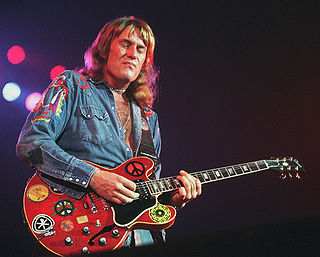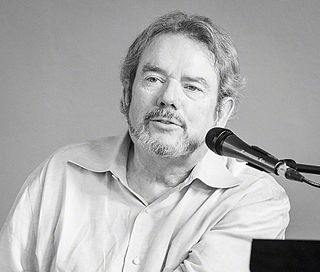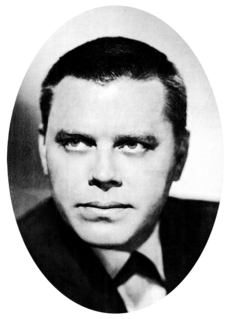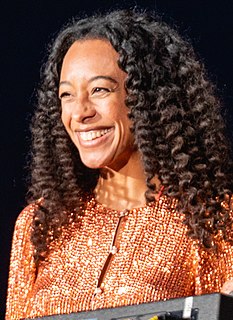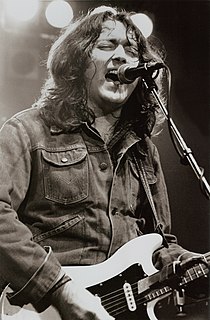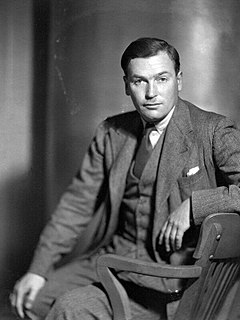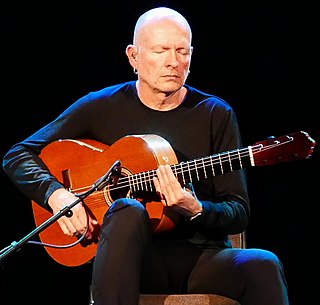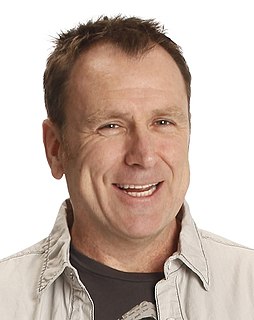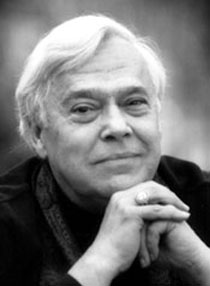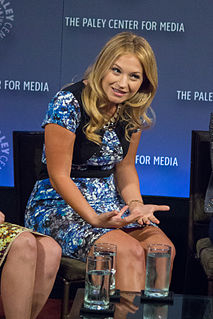A Quote by Alvin Lee
I began to learn a lot of chords and rhythms. It was a bit boring at the time but came in very handy later on.
Related Quotes
Even if chords are simple, they should rub. They should have dissonances in them. I've always used a lot of alternate bass lines, suspensions, widely spaced voicings. Dfferent textures to get very warm chords. Sometimes you're setting up strange chords by placing a chord in front of it that's going to set it off like a diamond in a gold band. It's not just finding interesting chords, it's how you sequence them, like stringing together pearls on a string. ... Interesting chords will compel interesting melodies. It's very hard to write a boring melody to an interesting chord sequence.
I was 16 when I came to New York. I had graduated to a tenor banjo in the school jazz band, and it was kind of boring - just chords, chords, chords. Then my father took me to a mountain music and dance festival in Asheville, North Carolina, and there I saw relatively uneducated people playing great music by ear.
Naturally, in 10 years, you change as a person and you learn a lot from your mistakes. You also learn a lot about wasting time and the right way to handle things. We're not touring as much. We're not doing eight or nine months of the year, so I've got a bit more time to get a perspective on what I do. I think I've improved my songwriting. I'm every bit as enthusiastic about playing as ever and I'm still learning.
Flamenco is Arabic music and rhythms filtered through centuries of gypsies making music. The gypsies themselves came originally from India. And then there is the Caribbean influences... This whole idea that there is any such thing in music that "purity" is bunk, it just doesn't exist. I love that I am playing these rhythms to people. And the next time they hear something that's maybe a little more exotic, I have created a little bridge, and they are going, "Oh, this actually sounds really cool. It reminds me a little bit of that, but it's something different."
When I was 12 or 13, my dad taught me a couple of different chords, and once I learned chords, I never learned to read music, but I learned tablature, like a lot of kids do, and I learned songs that had the chords I knew. It took me a long time to understand the upstroke of picking and strumming, but once I did, it all fell into place.
